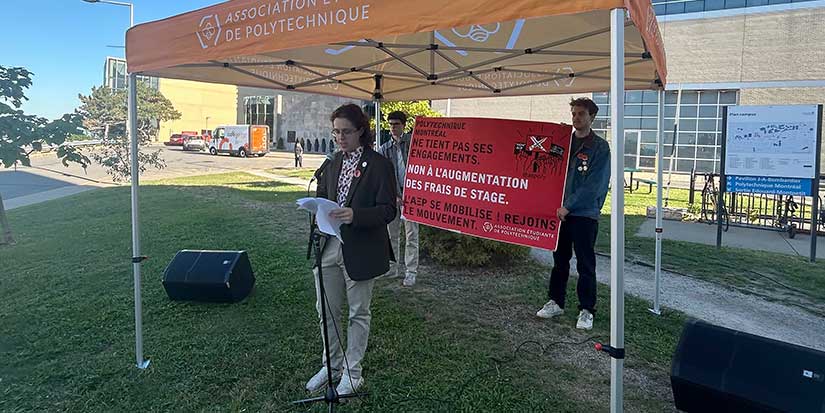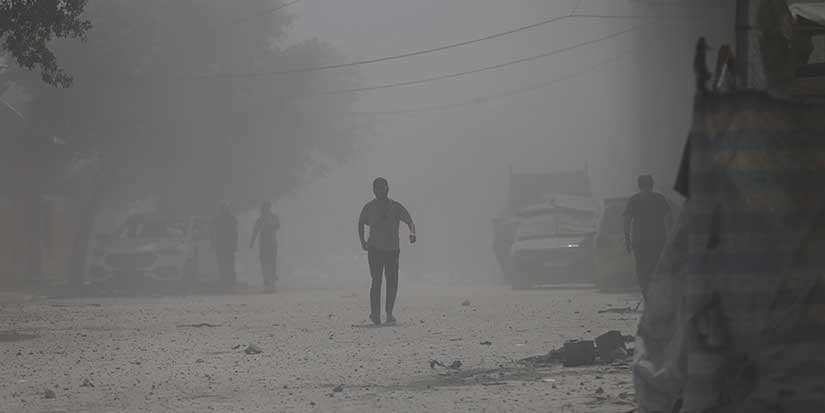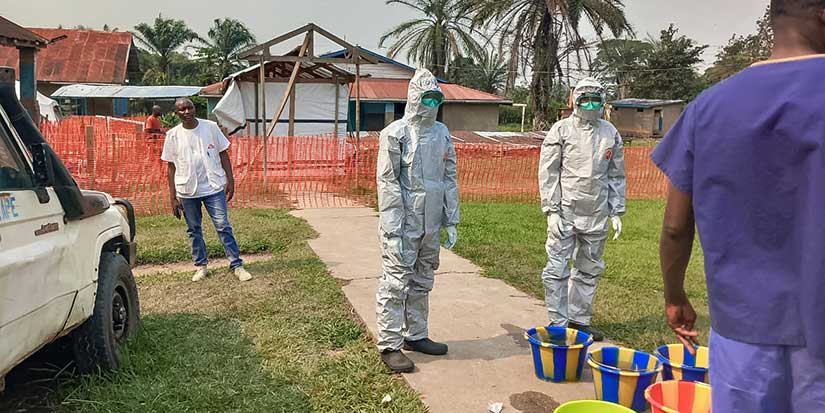Latest News
B.C. launches anti-racism action plan for K-12 students

Published 12:44 PST, Mon January 23, 2023
—
Empowering students and educators to identify and take action against racism and discrimination in British Columbia schools is the aim of a new provincial K-12 Anti-Racism Action Plan launched today (Jan. 23).
"We know that Indigenous, Black, and people of colour may face inequity within the education system," said Rachna Singh, Minister of Education and Child Care. "This action plan is a critical step forward for students, educators, staff, and families as we all work to create school communities that feel welcoming and supportive for people of all backgrounds."
The action plan will create change in B.C. schools by raising awareness and creating resources to improve the school experience for racialized students, staff, and families so that everyone feels a strong sense of belonging. To facilitate this work, the Ministry of Education and Child Care will provide new training opportunities for all school staff to help them better understand their role in fostering anti-racist school environments. The action plan will also empower students and staff to identify biases and address acts of racism or discrimination with new incident-response guidelines.
"For generations, Indigenous, Black, and people of colour have worked to fit into a system that wasn't necessarily built for them," said Mable Elmore, Parliamentary Secretary for Anti-Racism Initiatives. "The K-12 Anti-Racism Action Plan will help students and educators alike learn how to build more inclusive and equitable learning environments, so more students have equal opportunities to succeed. This action plan is an important part of our work to decolonize our institutions and build a better B.C. for everyone."
The action plan will support school districts in their commitment to anti-racism initiatives in their school communities. Partnerships and sharing resources are key elements for school districts to learn from and support each other. In Kamloops-Thompson School District (SD73), for example, more than 100 students of diverse backgrounds are working with district staff to share their experiences and ideas to help develop a district-wide anti-racism plan.
Surrey School District (SD36) is also working on anti-racism initiatives. In spring 2021, SD36 held listening circles across the district for school communities to gather and share their experiences with racism. This helped to identify gaps between the district's values to be inclusive and the lived school experiences of the community will help guide the district as it works to address racial inequality in its schools.
"Racism continues to be the most significant barrier impacting the educational experiences and outcomes of First Nations learners in British Columbia, as underscored by the B.C. auditor general in the 2015 Audit of the Education of Aboriginal Students in the B.C. Public School System,” said Tyrone McNeil, president, First Nations Education Steering Committee. “Today's announcement is an important step in our efforts to build a safer and more equitable public education system."
This action plan was developed through discussions over three years with students, rightsholders and Indigenous partners, education partners, educators, and staff, as well as community organizations. Future anti-racism work by the Ministry of Education and Child Care will continue to incorporate feedback from the education sector and those with lived experiences of racism.
"I appreciate being a part of the community roundtable that helps inform the K-12 Anti-Racism Action Plan and the commitment to creating a safe, inclusive learning environment,” said Lorene Oikawa, past president, National Association of Japanese Canadians. “As the plan builds on anti-racism actions, such as addressing gaps in curriculum resources, we need to ensure all students are aware and learning about key social injustices faced by Indigenous Peoples and racialized people. The National Association of Japanese Canadians knows too well that the racist act of internment, which forced the removal of about 22,000 Japanese Canadians in British Columbia, is an important piece of Canadian history and a lesson to prevent future injustices."
Sonia K. Aujla-Bhullar, World Sikh Organization, said: "The launch of the K-12 Anti-Racism Action Plan is a promising step toward providing a meaningful redress of how education can be a dynamic force for the teaching and learning of equity. To unlearn racism is to address our society's complicity of systemic racism and discrimination that have impacted Black, Indigenous, and diverse racialized communities both historically and up to the present day. This is a lifelong and inter-generational journey that requires a courageous curriculum based on foundational understandings of how education can and will act against racism. Most importantly, this plan is one important piece of being accountable to the students and families who have shared their experiences of racism and discrimination while hoping for a better future."
Nico Slobinsky, senior director, the Centre for Israel and Jewish Affairs, said: "We applaud the Ministry of Education and Child Care for advancing this crucial initiative that will support important learning at a formative stage. With the rise of antisemitism and discrimination throughout our schools and communities, it is incumbent on all of us to do all that we can to combat hate. The K-12 Anti-Racism Action Plan will help to prevent all forms of racism and discrimination from taking root, preserving the values of respect, diversity, and inclusion that all British Columbians hold dear to their hearts."
Fifty-eight per cent of B.C. students say they have seen other students insulted, bullied, or excluded based on their race or ethnicity. According to the B.C. adolescent health survey in 2018, a safe and supportive school environment, as well as the presence of caring school staff and feelings of being treated fairly, were associated with more positive outcomes among those who had experienced racism, including feeling safe at school and feeling good about themselves.
All school districts and independent schools are required to have codes of conduct and policies to address racism and discrimination. In addition, students and families now have access to more anti-racism resources on the Erase website.
The K-12 Anti-Racism Action Plan is part of government's commitment to dismantle systemic racism and build a better, more inclusive province for everyone.
To read the K-12 Anti-Racism Action Plan, visit: gov.bc.ca/assets/download/89E84767362543DA8333CA8E4356D957.
Those who are experiencing racism or who would like to report an incident of racism can find information on the Erase website on how to make a non-emergency report: gov.bc.ca/gov/content/erase/racism.































